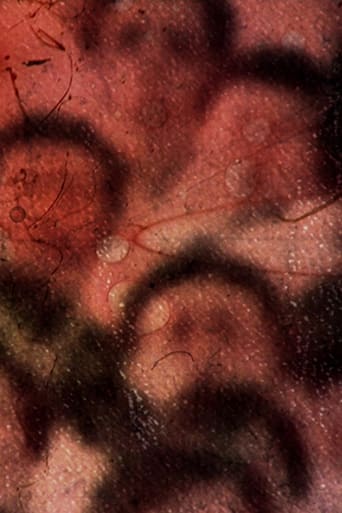
01 Jan 2019

May 35
A haunting commemoration of the Tiananmen Square uprisings.
The Displaced View traces a personal search for identity and pride, within the unique and suppressed history of the Japanese in Canada. Through an examination of the emotional and cultural links between the women of one family, the processes of the construction of memory and the re-construction of history, are revealed. Utilizing an innovative combination of experimental, dramatic and documentary forms, the film emerges as a deeply moving and compassionate love letter. Just as the official history of the Japanese Canadians has been thrown into question, so does the film’s fictionalized narrative, question documentary as truth.

01 Jan 2019

A haunting commemoration of the Tiananmen Square uprisings.
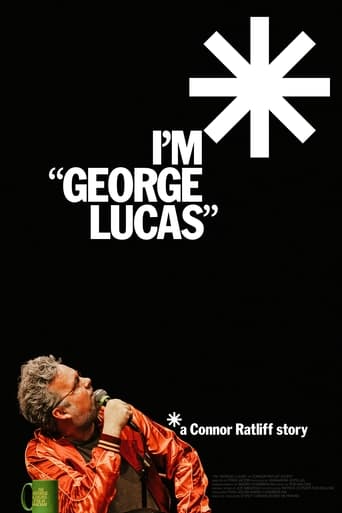
20 Jan 2024

Five years into performing as renowned filmmaker George Lucas in the cult comedy show "The George Lucas Talk Show", comedian Connor Ratliff questions the need for its continuation and his own drive for success and fulfillment in show business.
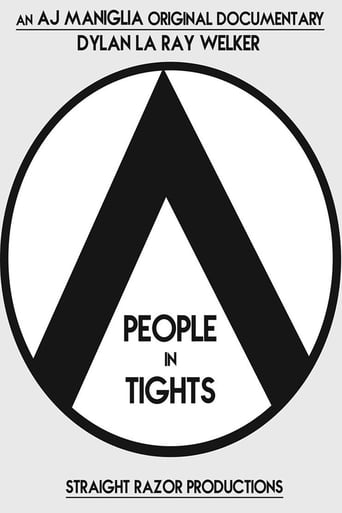
02 Jun 2014

An aspiring superhero, lacking powers, tries out for a real superhero team in this mockumentary.
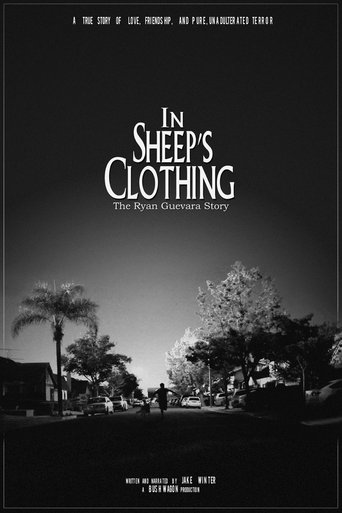
30 Oct 2015

In Sheep's Clothing chronicles the friendship of Ryan Guevara and Jake Winter, the foundation of Bush Wagon Productions, and Ryan's slippery descent into the unknown horrors of life after he's attacked by a mysterious force.
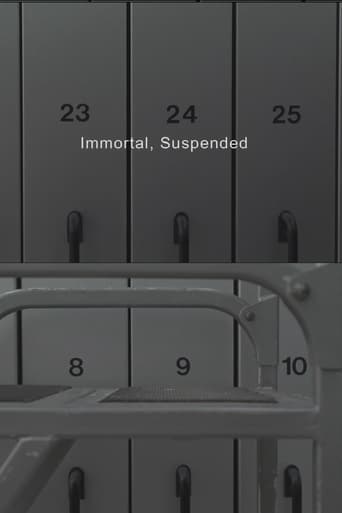
11 Jun 2013

The idea of suspension is evoked on shifting registers – as levitation, cessation, preservation, and suspense – and located in sites whose identities slip as we track through a space within a space.

18 May 2010

An homage to Chicago’s East 95th Street Bridge, Calumet Fisheries and to a couple of the city’s infamous cinematic brothers.
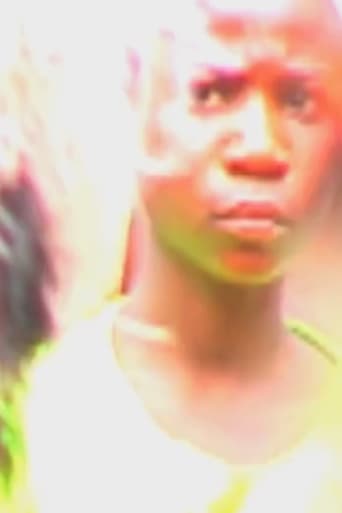
26 Aug 2010

A flicker film made with images taken in Malawi. FF was in response to an assignment given by artists Melissa Dubbin and Aaron Davidson who created the soundtrack to which they invited artists to make a “Future Film”.
![Screen Test [ST80]: Marcel Duchamp](https://image.tmdb.org/t/p/w342/3EwmmoBxVUqy8DITDrkG0hrGELt.jpg)
01 Jan 1966
![Screen Test [ST80]: Marcel Duchamp](https://image.tmdb.org/t/p/w342/3EwmmoBxVUqy8DITDrkG0hrGELt.jpg)
Marcel Duchamp alternates between scrutinizing the camera, and smiling and nodding in response to what seems to be a large crowd of off-screen admirers trying to get his attention. Occasionally he puts his fingers to his lips, indicating that he is not supposed to talk.
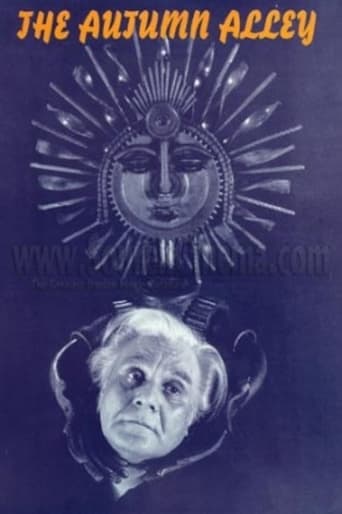
01 Jan 1997

A docudrama about art and creativity; based on modern art gallery in Tehran and its founder Jazeh Tabatabai.
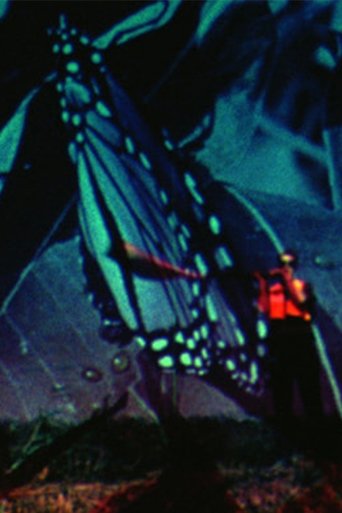
26 Oct 2019

Inspired by a newspaper article about the plight of monarch butterflies, using found footage from four different sources, I edited, optically-printed, superimposed, scratched on, bleached and otherwise altered the film to highlight, lament and challenge the monarch butterflies’ dilemma. –Caryn Cline
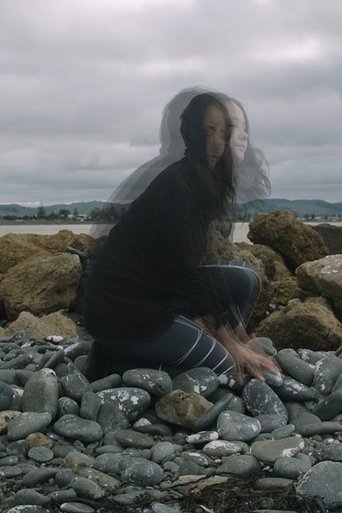
25 Oct 2019

Using natural elements and sounds, this experimental film explores the connection between the body and land.
01 Jan 1971
No overview found
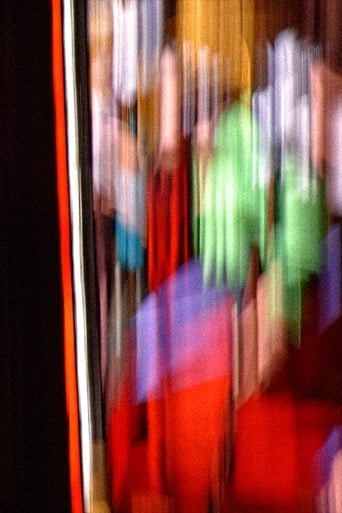
01 Nov 2017

An exploration of Rodez Cathedral and its stained glass windows: praying figures and scientific imagery. A study on color, repetition and flickering consisting of 292 photographs.
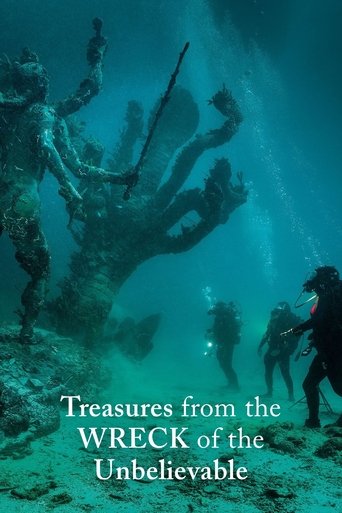
16 Apr 2017

This cinematic journey into the waters off East Africa chronicles the story behind artist Damien Hirst's massive exhibition of oceanic treasures.
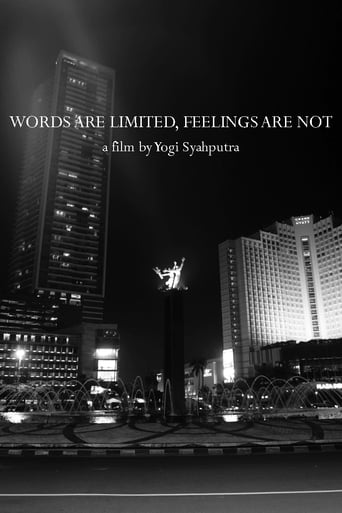
20 Jun 2020

A man reads a letter from his away girlfriend while he contemplates on some memorable places in Jakarta, where they had spent time together.
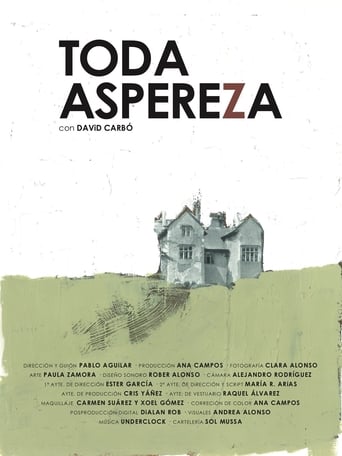
02 Sep 2020

An unnamed passer-by is forced to trace a circular route inside an abandoned tram station, facing loss and time. The broken walls act as a channel, transmitting fragmentary, blurred and analogical memories.
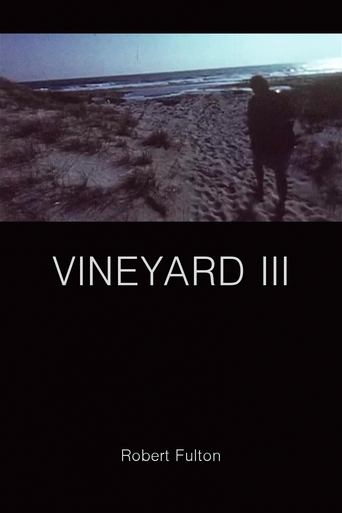
01 Jan 1967

Crashing waves, the cry of a gull, silence.
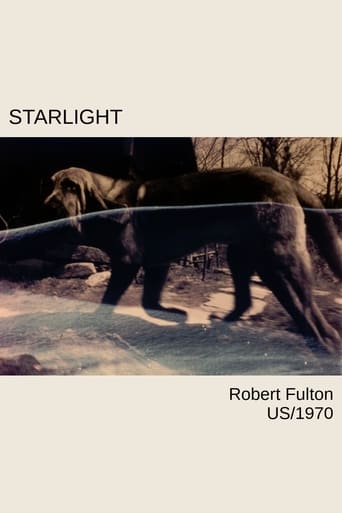
04 Dec 1969

A Tibetan Lama. His disciple. The disciple's wife, young boy and terrier. An old tugboat crossing the Mississippi River. A man in his seventh month of solitude. His hermitage built by his own hands. The man's bloodhound; his cat. Clouds crossing the Continental Divide. A mountain stream. A girl. The sun.
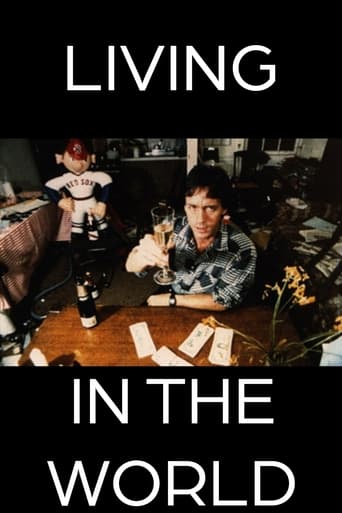
01 Jan 1985

An auto-documentary about a disenfranchised Everyman and his struggle to re-integrate himself into society. He fails and turns to crime.
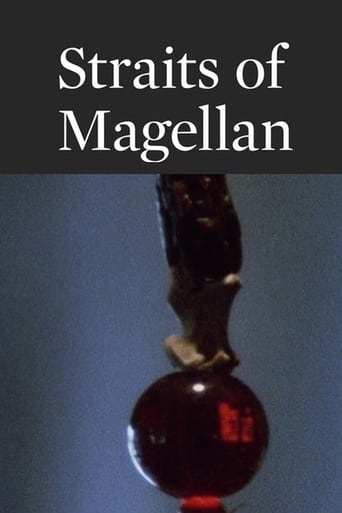
13 Feb 1974

A sampling of forty-nine fragments from Frampton's catalogue of 'actualities', the films from STRAITS OF MAGELLAN: "DRAFTS AND FRAGMENTS" are all silent and unedited. Several invoke, directly, the work of the Lumieres, as in Frampton's reworking of DEMOLITION D'UN MUR (1895) in which a dilapidated farm silo is demolished in place of the Lumieres' wall. He makes reference to his own work and plays homage to the work of contemporaries. A complex range of formal issues are raised in other fragments. Finally, Frampton offers a number of analogues for the act of filming and cinematic seeing that includes a series of appropriated 'lenses' ( a stone portal, a wooden silo) and a set of 'screens' a pool of water, curtains, a dusty window).